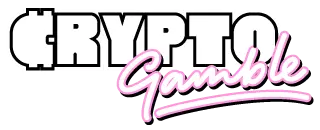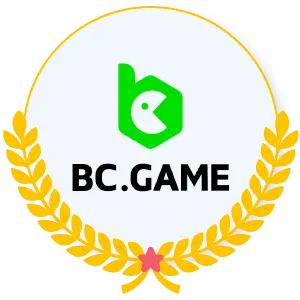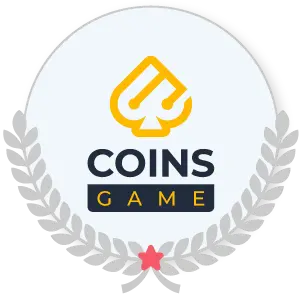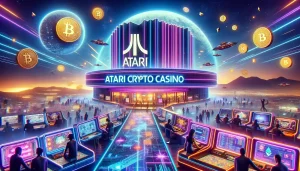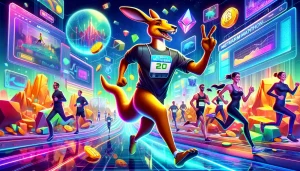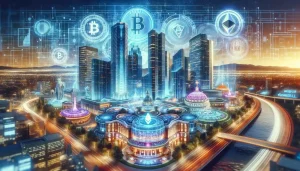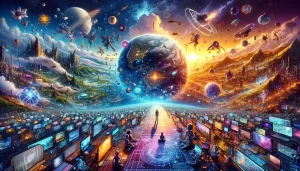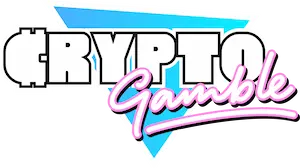CryptoGamble.tips»Metaverse Gambling News»Web 3.0 and Casinos: A new era of gambling powered by Ethereum
Web 3.0 and Casinos: A new era of gambling powered by Ethereum
Published on:
June 28, 2023
Last edit:
December 12, 2023
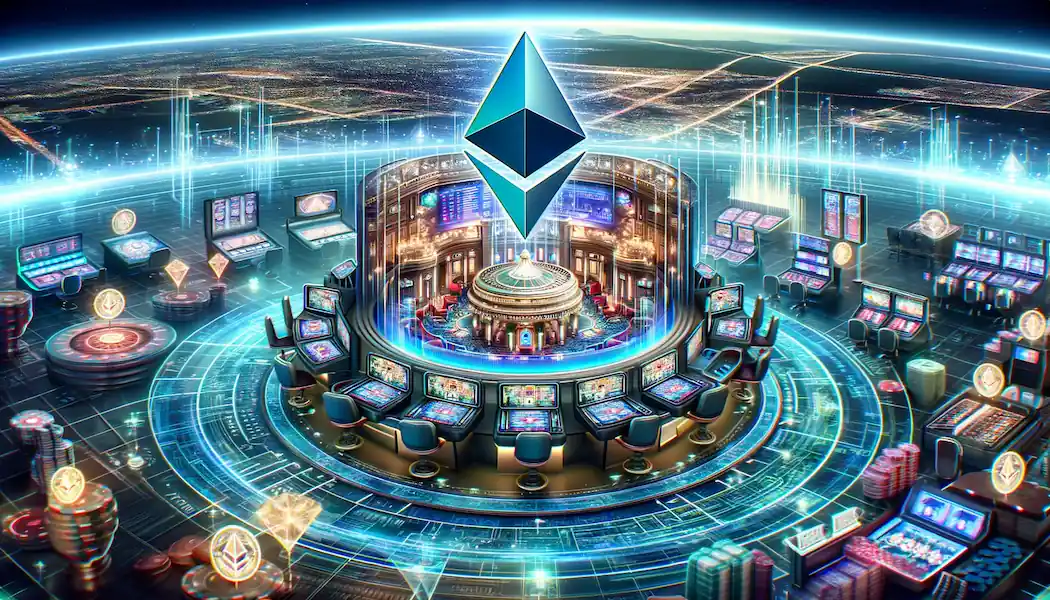
It might be hard to see at first glance, but with the adoption of VR technology by the mainstream population, we are increasingly going to be out of the physical world.
While the 1st version of the web was limited to a browser, and the 2nd limited to mobile, Web 3.0 offers a spatial environment right before your own eyes. Wearable devices augmented and virtual realities and the Internet-of-things (IoT). And with the advent of distributed computing networks and blockchain technology, dealing with money over the internet is easier than ever.
Key Takeaways
Web 3.0, integrating VR and blockchain, is transforming online gambling, with forecasts valuing it at over $153.6 billion by 2030.
The Metaverse, a blend of virtual and physical realities, is set to replace traditional casinos, offering immersive, economically active digital spaces.
Decentraland, a key player in this evolution, hosts virtual casinos and events, with its DAO and Ethereum network fueling this emerging trend.
The market’s current size is around USD 58 billion, which is forecast to double in the upcoming years. Online gambling consists of playing casino-style games, poker, and/or sports betting via the internet. Due to factors such as the advancement of technology available (VR/Distributed Ledger), higher trust of gamblers paying online, and the increasing digitization of everything. After the Supreme Court legalized sports betting in the U.S., online gambling companies can now grow their sports betting sectors legally and in compliance with financial regulators, further supporting the market’s growth.The global online gambling market is forecasted to be valued at more than $153.6 Billion By 2030
The Metaverse will replace brick-and-mortar casinos
But what is Metaverse? It’s a persistent, synchronous experience that spans the digital and physical worlds. It is highly interoperable and fueled by a (Decentralized and brandless) economy of individual creators. It’s not a video game, but some neophytes could consider it one. Video games are the humble origins of this much larger transformation of society and culture. A complete transformation in the way we communicate and interact with each other. It will be an economically fertile universe where your dreams come true. As we further our transition in the Metaverse as a digital species, these worlds will become increasingly seen as legitimate workplaces or investment vehicles. Participants can create, invest, own, lease, and sell or buy services in the Metaverse, just like in the real world. Virtual reality casinos and shopping centers. Play-to-earn gaming can generate wages above a doctor’s in some countries. Social tokens backed by rare NFTs that unlock access to vibrant communities. Disruptive platforms seek to overthrow traditional models.As I walked through the valley of wealth, I realized I was poor
As I walked upon the LAND of Decentraland, I came across a very big and well-lit building. As I made my way further inside, I was welcomed with tables of live dealer Blackjack, Roulette, and slot machines. The music was pumping in the background, people were chatting, playing hands, and spinning the roulette. As I wandered around and gambled my hard-earned currency, which I converted into MANA beforehand, I couldn’t help but think. This is the future. And in these times of mass isolation and lack of meaningful social interactions, it made even more sense. And it seems that I am not alone in thinking that way. Decentral.games is a DAO-governed metaverse casino powered by $DG. A DAO means a decentralized body governs it. Everyone can stake $DG and earn staking rewards and voting power. Players earn $DG rewards for playing games, LPs earn $DG for providing liquidity, and holders earn $DG for participating in the casino house funds treasury governance. The token has a current market capitalization of over $27,610,022, making it an interesting asset in crypto. All of this is made possible with Ethereum‘s (ETH-USD) network. They host events on Decentraland multiple times a week, where players can earn prizes such as iPads, crypto drops, and more. Those events are hosted multiple times a week without using real money to participate. If you don’t feel like spending real currency, you can always play with FREE tokens as much as you wish. This is the future where you won’t have to go out in the physical world to meet with your friends, chat, and play roulette. And with a virtual reality headset, it will feel just like the real thing. I see huge upside potential in everything associated with this new trend. And again, I am not alone.A new index to track the metaverse
On April 7th, 2021, Index Coop launched the Metaverse Index ($MVI). According to the proposal, $MVI is “designed to capture the potential upside of the new but growing group of Ethereum projects related to virtual ownership through NFTs, gaming, virtual reality, and entertainment.” Atari, who switched hands in 2003 and became owned by a French conglomerate, has recently focused on gambling, NFT, and hotels. They are also releasing their own casino on Decentraland after releasing their own cryptocurrency, the Atari Token (ATRI). This is good news for Decentraland, the metaverse, and the crypto space in general. This past year, crypto has seen huge adoption from retail traders and institutions alike, racing to acquire the new digital gold and oil. With the combination of blockchain technology and gambling and the immense demand for it in the next few years, I see a very bright future for Metaverse.Sources
- https://nagatodharma.medium.com/dg-decentral-games-new-casino-in-decentraland-230cef7d8ef2
- https://medium.com/indexcoop/introducing-the-metaverse-index-mvi-by-index-coop-aa0979e0ff5
- https://www.grandviewresearch.com/press-release/global-online-gambling-market
About the Author
The Olympus of CryptoGamble
Latest Crypto Gambling News
-
-
-
-
April 21, 2023By:Cosmin Mesenschi
-
Latest Casino Promotions
-
January 22, 2024By:Cosmin Mesenschi
-

-
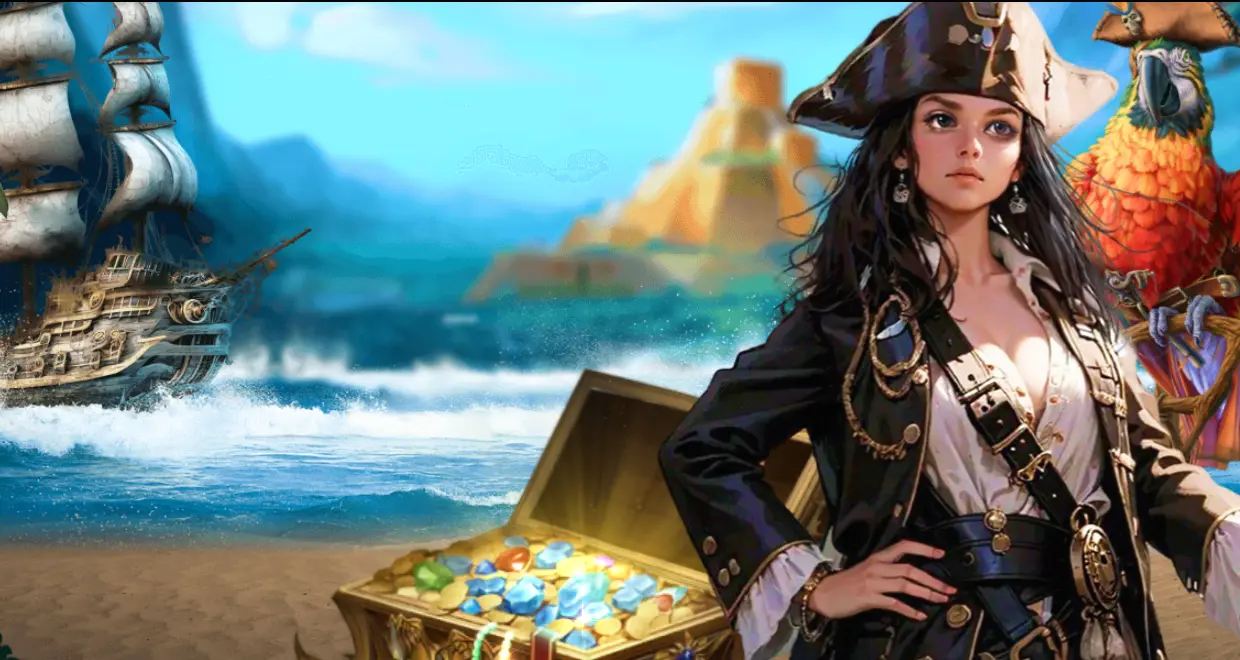
-

-
December 11, 2023By:Cosmin Mesenschi

Related Articles
-
Cosmin Mesenschi/April 30, 2024
-
Cosmin Mesenschi/April 12, 2024
